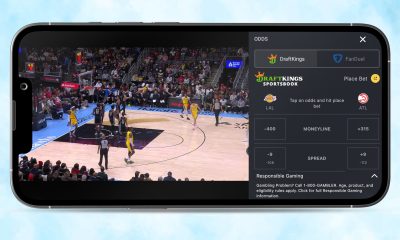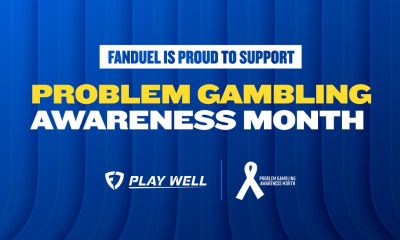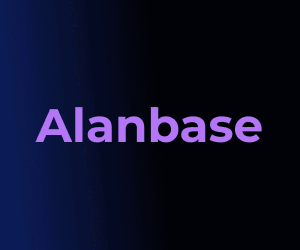Latest News
Why US operators must improve their marketing tech
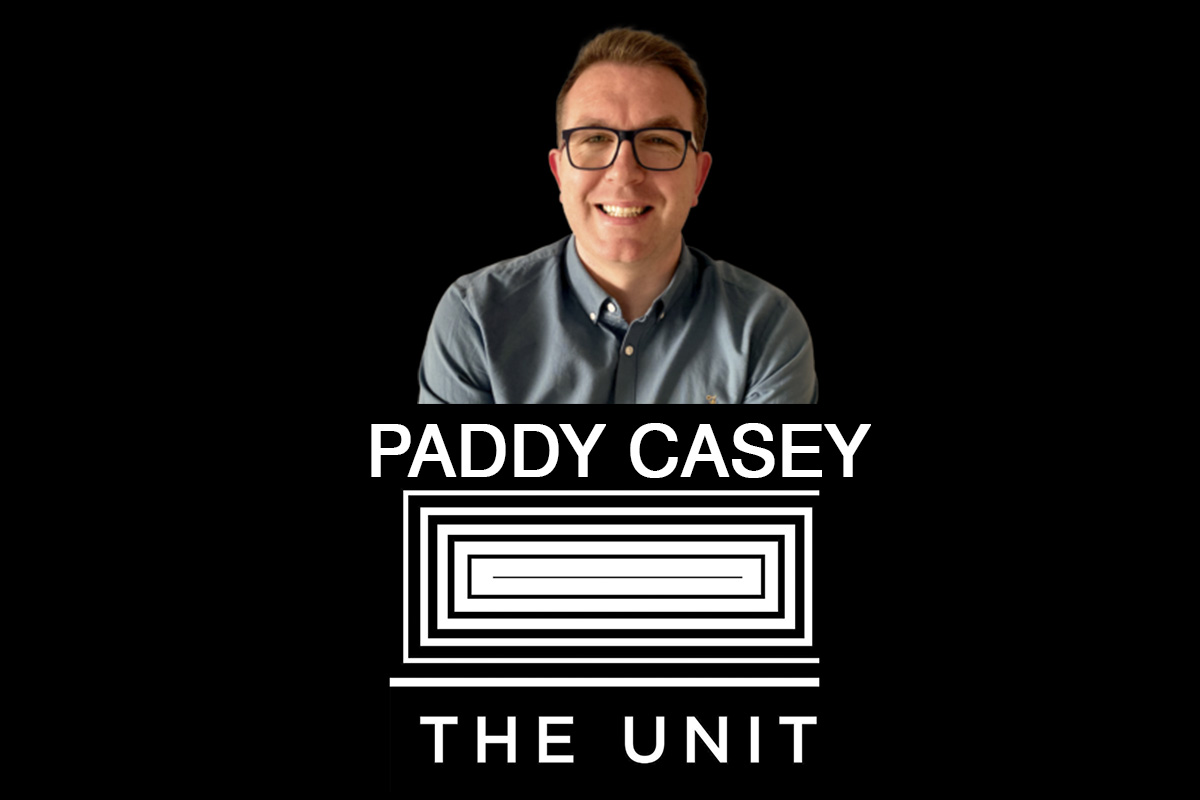
Paddy Casey, co-founder at leading product development and digital marketing supplier The Unit, chats to Gaming Americas about the importance of modernising the US product experience now sports-betting markets have settled
The challenges presented to US-facing sports-betting operators have changed considerably since markets began to open up following the overturning of the Professional and Amateur Sports Protection Act (PASPA) in 2018. The idea of exponentially high marketing spends is not so prominent in 2023, and the battleground is transitioning towards a fight for existing customers.
One of the key issues affecting operators is they have been forced to make redundancies in their tech teams. While it is still crucial to develop rapid-fire landing pages/products to meet the demand of sports events, marketing departments rarely received the support they needed for fast digital campaigns from the internal tech teams in the first place, and this issue has now been exacerbated.
When mobile sports betting began to open up in the US, the apps were based on European sportsbooks. This can be an adequate market-entry strategy, but it doesn’t necessarily work in the long-term. When William Hill US first launched as the second mobile sports betting app in New Jersey after DraftKings, the advertising agency behind the campaign had been briefed for three months on the launch. When the app was finally developed and presented to them, the overall reaction was: “Is that it?” They felt it was going to be a new, ground-breaking Silicon-Valley-style piece of new technology, but it was essentially the same William Hill app adapted for US bettors.
Launching based off European models was all the operators could think to do, but that was not necessarily right for the US audience. Now, everyone in the market has to think harder about maximising performance. There are many things you have to do to attract new sign-ups, and the idea of a strong design and the ability to make changes is paramount now, which it wasn’t in 2018.
Following FanDuel’s lead
With a 50% market share as of the end of 2022, FanDuel is the clear market leader in US sports betting, but what is key to remember is it is not necessarily run in the same vein as most other US-facing operators. Given it is owned by Flutter Entertainment, the same parent company that manages Paddy Power and Betfair, it can be guided with more of a European mindset.
FanDuel’s app wasn’t particularly stronger than that of any other operator, but it has taken the lead with product and marketing innovation. Specific products were marketed similarly to how they had been by Paddy Power. While Paddy Power’s advertising is, of course, associated with comedy and at times controversy, it is always focusing on a product release or something that particularly stands out in the mobile app; FanDuel replicated that very astutely. While all the other operators were enforcing generic messages about how enjoyable sports betting can be, FanDuel was actually mentioning products like single-game parlays, and this approach was always likely to be successful.
There is still one thing FanDuel, like all US operators, can improve on, and that’s marketing tech. Tracking marketing spend and player behaviour are still quite new concepts, even with various US markets now being close to five years’ old. We have heard examples of affiliates in the US who can’t work with certain operators because they are convinced the player tracking is so far behind where it needs to be that the operator can’t even track which players have been sent to it by the affiliate. In the early days of regulated US markets, some teams were so naïve in this area they were literally guessing click-through rates.
Working around the problem
In sports betting, there is often one C-level executive whose needs are never prioritised within the product roadmap by the operator, and that’s the chief marketing officer. As soon as someone pipes up about what they need to promote March Madness, for example, the usual response is: “We don’t have time for that.”
That is why it is vital to utilise the expertise of teams who are experienced in sports betting and able to take this matter off an operator’s to-do list. It requires a team who can spend time addressing the player behaviour issues mentioned above, while also building out designs and all the core digital marketing that takes place within the sports product. When operators are able to use resources that can help make their marketing experience better, this will undoubtedly give them an edge in competitive markets.
US consumers are becoming more educated. Their loyalty will be closely matched to the product experience and engagement. With state launches now slowing down with regards to sports betting, operators will now, and should now, focus on product improvements.
Paddy and The Unit’s senior team will be on site at SBC Summit North America this week at the Meadowlands, New Jersey
Latest News
Plaza Hotel & Casino to celebrate summer with Friday night fireworks

The Plaza Hotel & Casino will celebrate the start of every weekend this summer with a live fireworks show Friday nights at 9:15 p.m., beginning May 24 for Memorial Day weekend through Aug. 30 for Labor Day weekend.
Inspired by the fireworks shows at Disneyland, the Plaza’s Welcome to the Weekend Summer Friday Fireworks will light up the sky above downtown Las Vegas and be part of a festive summer block party atmosphere at the property’s Carousel Bar and rooftop pool deck.
“The Plaza is known for its great fireworks on New Year’s Eve and July 4th, but who says fireworks are only for those holidays?” said Jonathan Jossel, CEO of the Plaza Hotel & Casino. “This summer, we wanted to celebrate and give a gift to everyone downtown by sharing the excitement and fun of our fireworks shows with them every Friday night.”
“Las Vegas is the world’s destination because of all the spectacular attractions that are available here,” City of Las Vegas Mayor Carolyn Goodman said. “The Plaza is adding a new weekly fireworks extravaganza this summer, and everyone is invited to visit downtown Las Vegas and enjoy the show!”
Derek Stevens, CEO and Owner of Circa Resort & Casino said “The weekly fireworks show will amp up Fremont Street’s high-energy atmosphere to a new level. It’s a terrific addition for the entire neighborhood, providing another exciting reason for visitors to come downtown. Huge thanks to Jonathan and the Plaza team for bringing this idea to life. We’ll definitely be enjoying the show every week from Circa’s rooftop lounge, Legacy Club.”
The fireworks shot from the Plaza’s towers will be visible to the thousands of tourists and locals in downtown Las Vegas as well as for miles beyond. Plaza hotel guests will be able to enjoy the fireworks from an exclusive viewing party on its rooftop pool deck where the fireworks will be “ignited” by a special guest pushing a detonator button on an oversized TNT box.
To attract even more people to stay downtown, the Plaza introduced the only all-inclusive hotel room package starting at $125 per person per night. The package includes bottomless drinks, breakfast and dinner, a free bingo session, waived resort fees, and more. Rooms must be booked online by June 30 for a stay June 1 through July 1.
The Friday night rooftop pool party for hotel guests will feature the Frozen Firecracker, a special red, white, and blue cocktail made with strawberry daiquiri, pina colada, and blue lemonade spiked with Don Q Rum. At Carousel Bar the summer party vibe continues every Friday night with a DJ and the specialty cocktail Watermelon Agua Fresca made with Mi Campo tequila, Jägermeister, rose aperitivo, watermelon juice, chamoy, and aloe leaves as a garnish.
“Downtown Las Vegas is already a vibrant, unique, and exciting destination. Our Summer Friday Fireworks paired with our all-inclusive room package and great summertime block party atmosphere at Carousel Bar and the rooftop pool deck will be even more reasons to come downtown this summer,” added Jossel.
The Plaza’s fireworks will be dependent on weather conditions and are subject to change or cancellation.
Latest News
Aviatrix and Vibra Solutions Agree Partnership with Focus on Latin America
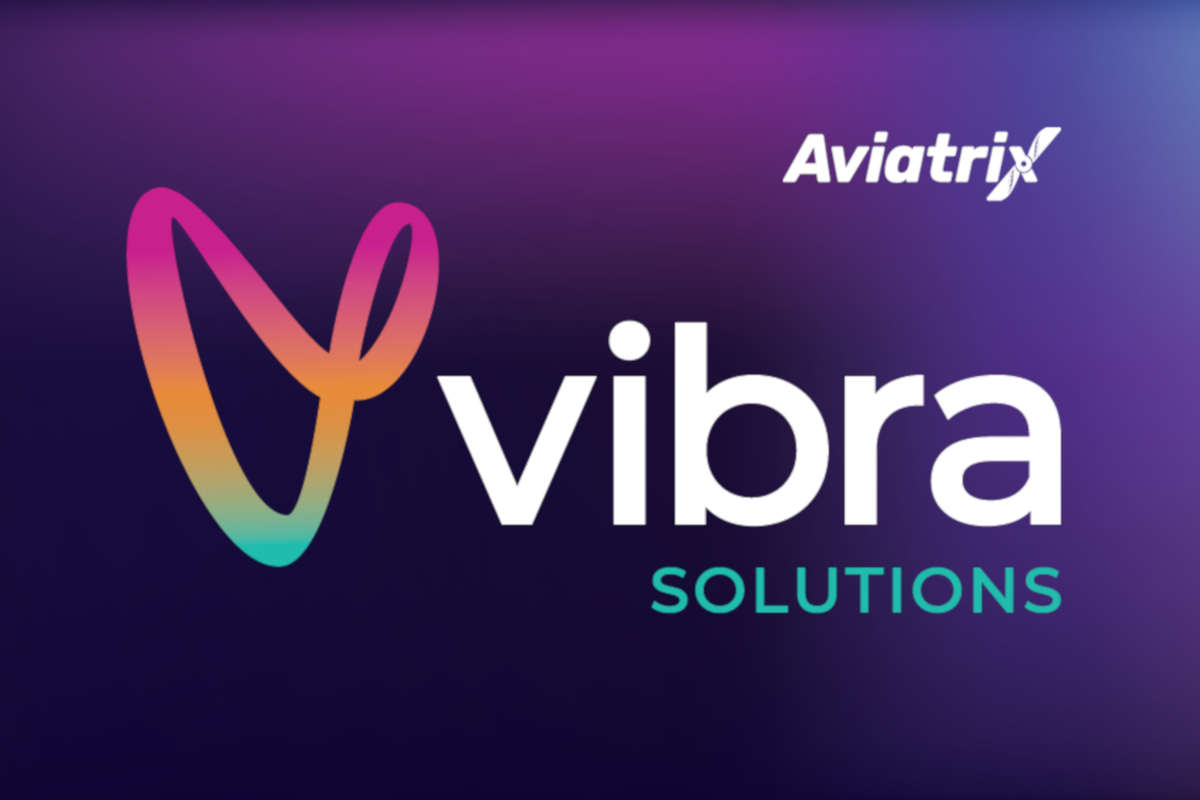
Aviatrix, the crash game that’s changing the way online casinos engage their players, has partnered with platform provider Vibra Solutions in yet another move that expands its reach in Latin America.
Aviatrix’s push into Latin America has really picked up pace over recent months and that continues with this deal.
Vibra Gaming has established itself as a major player in the region since it was founded in 2020 and later with the launch of Vibra Solutions in 2022, its platforms and content aggregation division. Now operators using its platform will be able to offer customers Aviatrix.
“We’ve long admired the fantastic work Vibra Solutions is doing in growing our industry across Latin America via innovative product development,” the Latin America Head of Business Development for Aviatrix, Gabriela Novello, said. “By working alongside it, we’re able to bring Aviatrix to more players in the region and together write a new chapter in this ongoing growth story.”
“Our commitment to our operator partners is to provide the very best portfolio of games available,” the Chief Commercial Officer for Vibra Solutions, Federico Saini, said. “Some of those we build ourselves but others we onboard via partnerships like this. Aviatrix is one of the most talked about games in the industry at the moment and we couldn’t be happier to be able to offer it to online brands via our platform.”
Aviatrix’s has enjoyed considerable success in Latin America since it was launched a little over a year ago including being named Rising Star in Casino at the SBC Awards LatinoAmerica.
Latest News
PG Soft Set to Sponsor Key SiGMA Americas Event
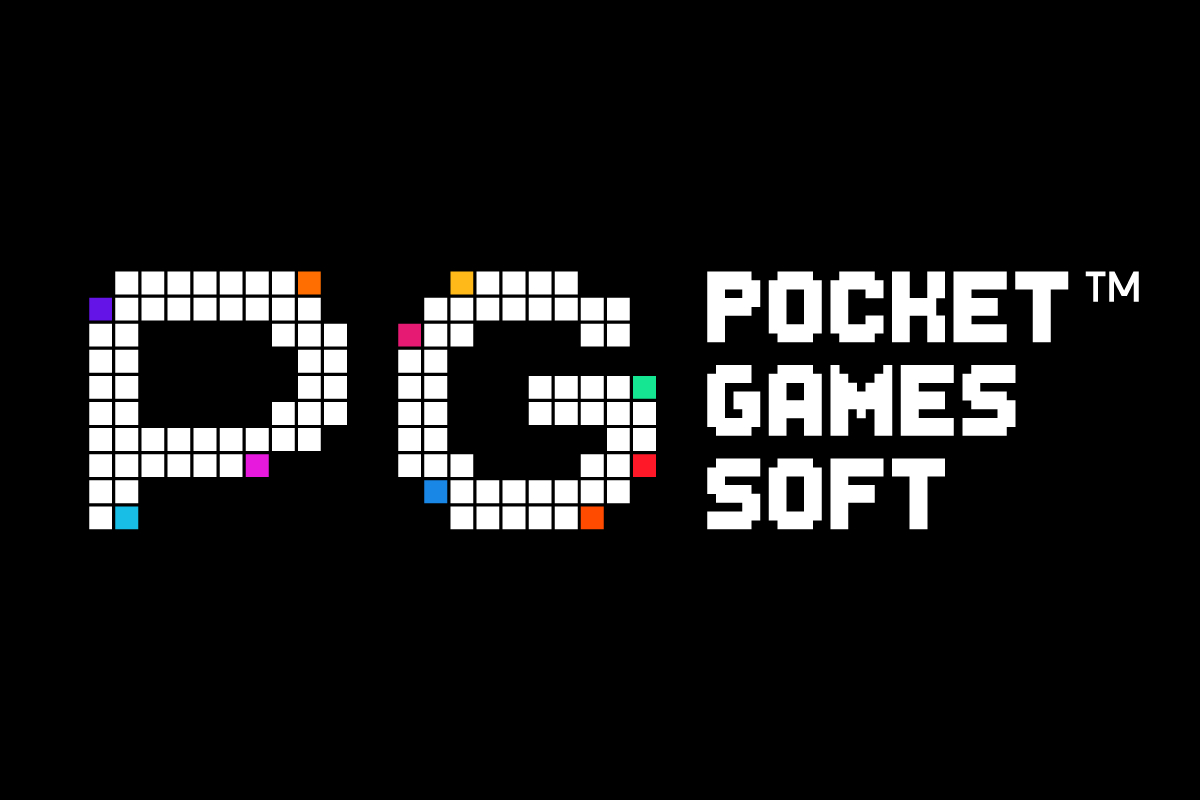
PG Soft, a world-class digital mobile games company, is proud to announce its sponsorship of SiGMA Americas set to take place in Sao Paulo, Brazil, from April 23 to 25. The important iGaming event is being hosted at the Transamerica Expo Center.
As a leading event sponsor, PG Soft will benefit from prominent branding opportunities including the PG Soft logo printed on staff shirts and an exclusive PG Soft logo and video content at the registration table.
This commitment highlights PG Soft’s ambition to amplify its presence in Latin America, particularly the Brazilian market. Before expanding into the jurisdiction, PG Soft completed an in-depth research and analysis project for a true understanding of the local players’ preferences, which included consumer behaviour, purchasing habits and regulatory requirements.
PG Soft has been working on developing bespoke and localised games tailored specifically for the Brazilian audience.
“Brazil represents a wonderful opportunity for PG Soft and we’re proud to partner with SiGMA Americas for this influential iGaming gathering,” a spokesperson for PG Soft said. “We place huge importance on producing localised content, features and promotions that not only align with Brazilian player preferences, but also meet the regulatory requirements.”
-

 Latest News5 days ago
Latest News5 days agoLight & Wonder Taps Trustly to Power Cashless Payments at Casinos
-

 Latest News5 days ago
Latest News5 days agoKingMidas Games Unveils Cutting-Edge Range of Multiplayer Games
-

 Latest News2 days ago
Latest News2 days agoAEG and Yaamava’ Resort & Casino at San Manuel Announce 16th Year in Partnership, Shaping the Future of Sports and Live Entertainment Across Southern California
-

 Canada2 days ago
Canada2 days agoGiG increases Ontario market presence, powering the launch of Casino Time
-

 Latin America2 days ago
Latin America2 days agoBetby Forges Strategic Partnership With Latam Powerhouse Cactus Gaming
-

 Gambling in the USA2 days ago
Gambling in the USA2 days agoPlay’n GO announces expansion of BetMGM partnership with Pennsylvania launch
-

 Latin America3 days ago
Latin America3 days agoCGS Events Revolutionizes the Chilean Gaming Scene with the Launch of CGS Santiago in its Fourth Edition
-

 Latest News5 days ago
Latest News5 days ago7JP Bolsters Team with Strategic New Hires Ahead of Brazilian Market Expansion








